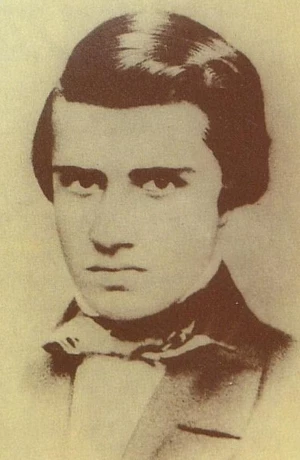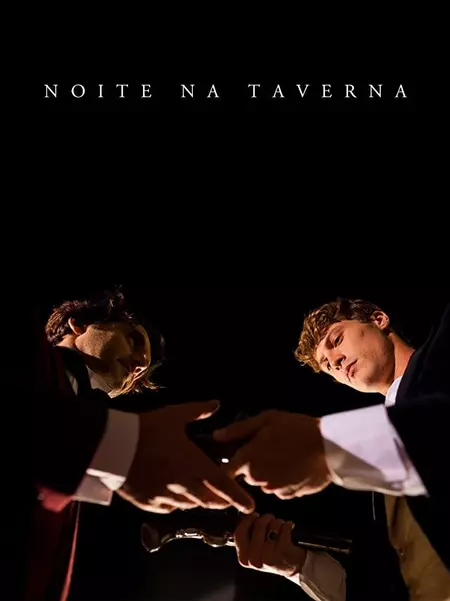Biography
(No Information)
Filmography
all 1
Movies 1
Writer 1
Information
Known ForWriting
GenderMale
Birthday1831-09-12
Deathday1852-04-25 (20 years old)
Birth PlaceSão Paulo, Brazil
CitizenshipsEmpire of Brazil
This article uses material from Wikipedia.
Last updated:
 Álvares de Azevedo
Álvares de Azevedo- Filmography
- Information
